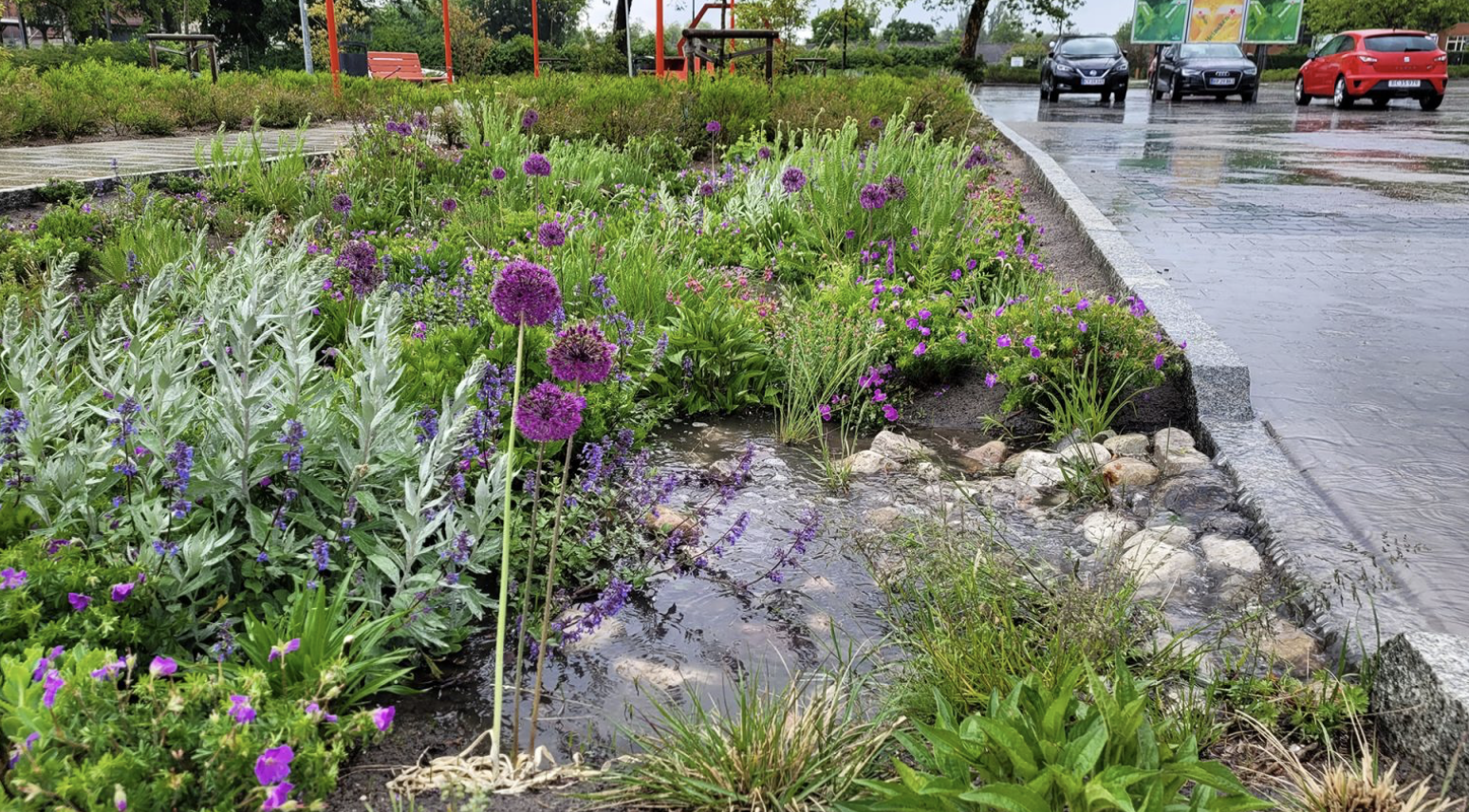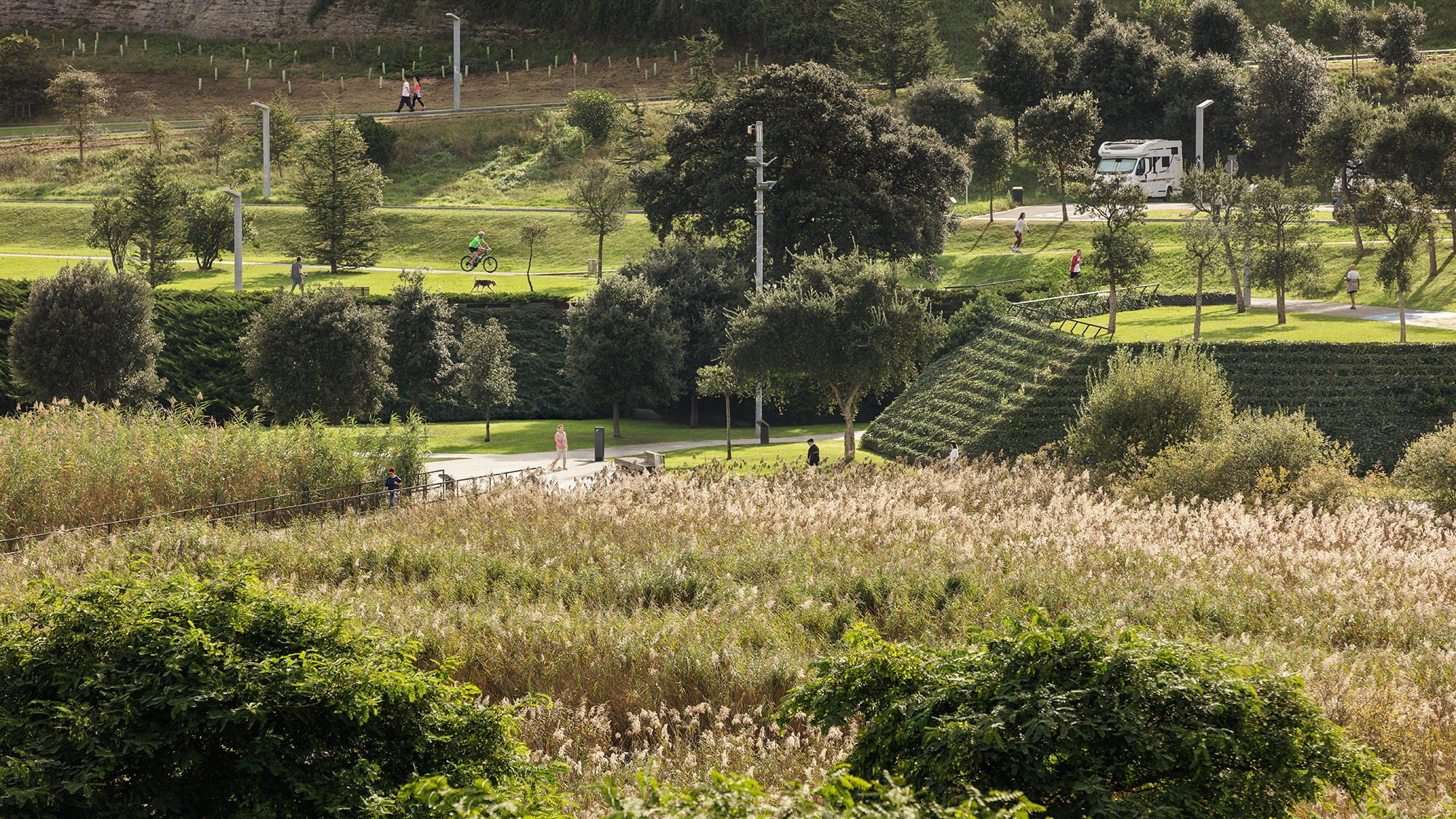
Breaking Barriers: Women Pioneering Progress in Water Management
Imagine a world of gender equality, free from bias, stereotypes, and discrimination. A world that embraces diversity, equity, and inclusivity. On International Women’s Day, let’s invest in women and accelerate progress. Women researchers continue to make remarkable contributions across various scientific fields, particularly in water management, driving innovation, advocating for sustainable practices, and inspiring future generations. Female scientists from D4RUNOFF and WATERUN share their career challenges and lessons learned in the water management sector.
What are the typical barriers they face in their work?
Gender bias
Despite significant strides towards gender equality, gender bias persists in the water management sector. Women researchers face discrimination in hiring, promotion, and project allocation, leading to unequal opportunities for career advancement. Research organisations and institutions need to identify and address these challenges and support women not only in securing positions in science but also in advancing their careers after starting a family. This can be achieved by offering supportive career programmes tailored to their needs.
Mercedes Vazquez from Dublin City University (WATERUN) highlights the need for childcare support and grants for female researchers returning from maternity leave, as well as those aiming to progress in their careers through leadership programs.
Begoña Espina from INL (D4RUNOFF) also emphasises the importance of specific training in soft skills and mentoring programs to help women prepare for leadership positions.
Access to financial resources
Women researchers often face obstacles in accessing funding, resources, and professional networks crucial for their research endeavors. This limited access can hinder their ability to conduct high-quality research and compete for prestigious grants and opportunities.
Stereotypes and Preconceptions
Stereotypes regarding gender roles and capabilities can undermine the credibility and authority of women researchers in the water management sector. Sara García Argüelles, from the University of Cantabria (D4RUNOFF), highlighted the challenges of advancing in a male-dominated environment. Despite an increasing number of women, most leadership positions are still held by men, with few signs of change. Maha Halalsheh, from the University of Jordan (WATERUN), addressed similar stereotypes and the challenges women scientists face in convincing their male counterparts. She shared her experience of encountering resistance and difficulty in persuading public authorities to adopt a new water management system in Jordan.
Despite these challenges, women researchers continue to make significant contributions to the field of water management, driving innovation, advocating for sustainable practices, and inspiring future generations. For Begoña, “Science is fun and rewarding. It takes a brave heart and a resilient mind, but it pays off if you love it. Challenges such as water scarcity, flooding, and pollution are among the most prominent and difficult issues to address on Earth. It will require all our passion and effort to confront them.’’
Lastly, Luz Herrero Castilla from AIMEN Centro Tecnológico (WATERUN) gives a valuable advice: “Be open, persistent, and confident with your arguments, as your results and opinions are based on scientific data and analysis.”
To get further insights, watch the video produced by WATERUN.
#InvestInWomen #WomenDay #IWD2024


